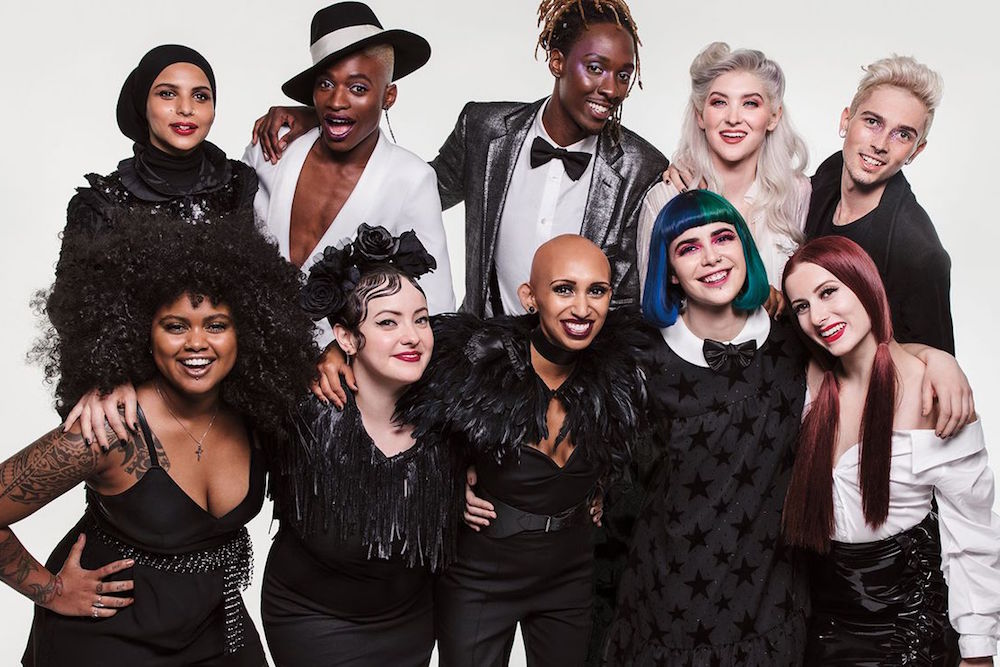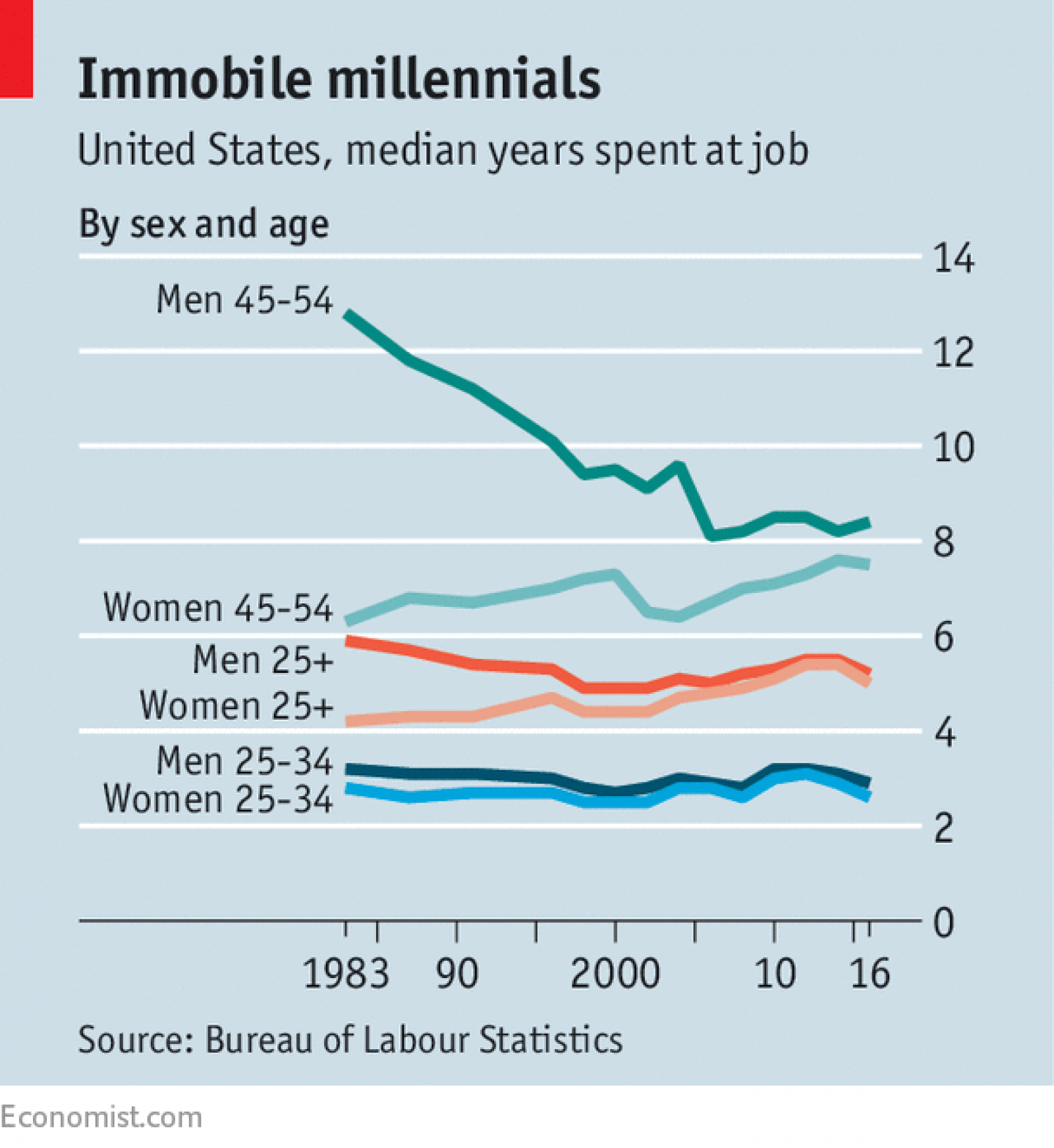Celebrating diversity in the organization
A few years ago a local (Rochester, NY area), wine shop decided to create a holiday season TV advertisement that featured many (possibly all) of the store's employees instead of actors or models or the owner of the store.
Cool idea, right? Nothing like a local business sharing some holiday season greetings and good vibes with the added bonus of making their own employees happy and excited as well. I mean, how often has an accounting clerk or a cashier or a maintenance person get the chance to be on TV, and in local cable regular rotation no less?
The ad, as many locally produced cable TV ads are, was pretty basic, and didn't really have much in the way of production values. It was essentially, a rapid fire series of close-ups of the individual members of the staff who each wished the viewers a 'Happy Holidays' or a 'Merry Christmas' or some such.
Employee after employee each getting about two seconds of screen time and sending out their best wishes.
Pretty neat, right?
Except the only reason I remember this entirely unremarkable local ad is that every single person, every staff member featured in the ad was a white male or a white female. About 20-odd faces flashed across the screen, each one looking more or less the same as the last. And seeing that many faces, in such a short time, and in the context of a local business wishing a 'Happy Holidays from us to you' kind of way left me thinking only one thing. Or perhaps asking one thing.
Is the wine store for only white people?
It was so obvious and clear from watching the ad, that I remember not believing that anyone who had looked at it prior to approving it for TV would have green lighted it to run. It was such a weird and awkward and almost off putting spot. I can't believe I still remember it, but I do.
What made me think about that weird, 'White people wine store' ad was this short piece I caught on the PSFK site, about cosmetics retailer Sephora's use of some of its own, real, employees in an upcoming ad campaign.
Over 1,000 Sephora employees submitted video applications to be included in the new campaign called 'Reach Out and Gift', and from that group, 10 Sephora employees were selected. Have the mental image of the parade of 20-something white faces from the wine shop TV ad I described above when you take a look at this pic of the Sephora employees who were selected for the campaign:

A pretty diverse, interesting, and for Sephora, representative collection of their team, and a reflection of the customers they serve. This image makes you think that everyone is accepted at Sephora, no one is excluded, and more importantly, that everyone is accepted for who they are. It is amazingly cool.
You can read more about the Sephora employees that are participating in the campaign here.
For organizations talking about diversity is certainly important. Creating a culture that values diversity is necessary.
But truly celebrating diversity like the folks at Sephora are? That has to be to goal that the rest of us should shoot for.
If I had a need to buy some makeup, I know where I'd be shopping.
Happy Thursday.

 Steve
Steve


